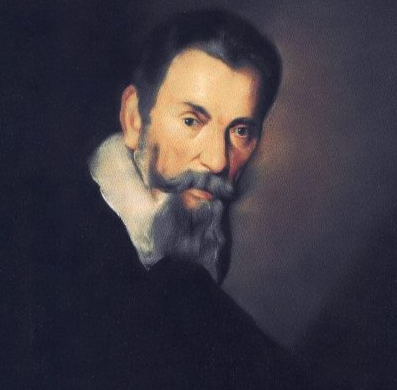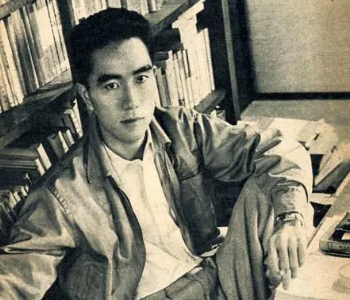Claudio Monteverdi, an Italian composer of the early Baroque period, is renowned for his innovations in opera and church music. His musical works not only propelled the development of operatic art but also exerted profound influences on subsequent musical creations. This article will delve into Monteverdi's compositional characteristics and how these features embody his musical philosophy and style. Firstly, let's acquaint ourselves with Monteverdi's background. Born in 1567, he is considered the first true operatic composer. His creative career primarily flourished in Mantua and Venice, where the musical environments significantly influenced his compositions. Now, what are Monteverdi's compositional characteristics?

1. Emphasis on Emotional Expression: Monteverdi is regarded as a pioneer of musical drama, emphasizing the direct expression of emotions in his operas. Through the integration of music and text, he creates intense dramatic effects, allowing listeners to profoundly experience the emotional conflicts and character traits within the works.
2. Innovation in Harmony and Melody: Monteverdi demonstrates a high degree of originality in his harmonic treatments, utilizing complex harmonic techniques and dissonances to enhance the expressive power of the music. Simultaneously, his melodies are clear and fluent, imbued with strong lyricism and expressive qualities.
3. Integration of Instrumental and Vocal Music: Monteverdi extensively employs instrumental music in his operas, particularly in the overtures and intermezzos between recitatives and arias. This integration of instrumental and vocal music not only enriches the musical layers but also provides musical support for the development of the plot.
4. Dramatic Conception: Monteverdi's operas exhibit strong dramatic qualities. Through careful plot construction and nuanced portrayal of character psychology and emotions, he elevates opera to a comprehensive art form that integrates music, drama, and visual arts.
In conclusion, Monteverdi's compositional characteristics are reflected in his emphasis on emotional expression, innovation in harmony and melody, integration of instrumental and vocal music, and dramatic conception. These features endow his musical works with immense expressive power and dramatic tension, setting new standards for subsequent operatic creations. By exploring Monteverdi's compositional characteristics, we gain a deeper understanding of the Baroque musical style and its significant position in music history.
Disclaimer: The above content is sourced from the internet and the copyright belongs to the original author. If there is any infringement of your original copyright, please inform us and we will delete the relevant content as soon as possible.































